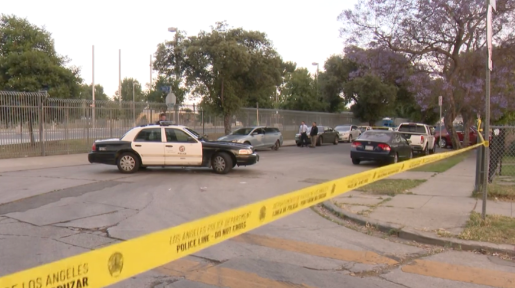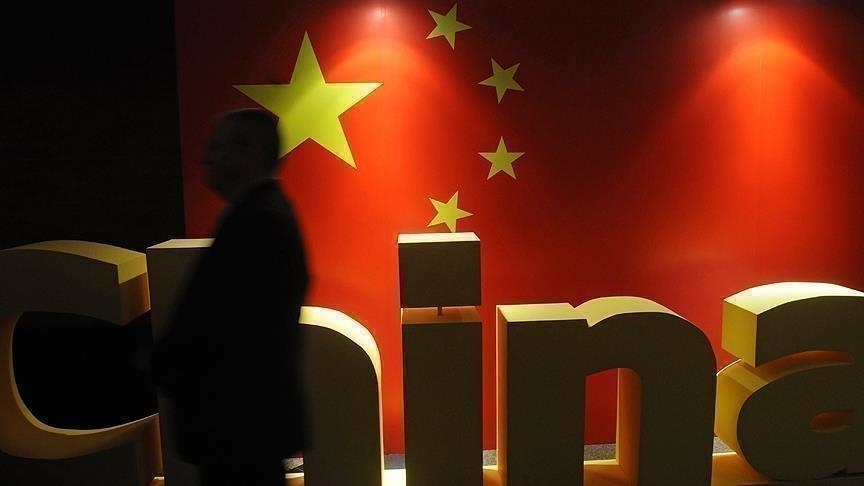Global Courant
It is the job of South Africa’s central bank to raise borrowing costs to curb sticky inflation, even if its actions have led to financial problems, Governor Lesetja Kganyago said.
Complaints about rising costs of living predated those about higher interest rates and the South African Reserve Bank was primarily supposed to protect the rand’s local purchasing power, Kganyago said in an interview broadcast by Johannesburg-based broadcaster eNCA on Wednesday.
“Unfortunately, we have to administer certain drugs to curb inflation,” he said. “Not administering that medication could result in the patient having to have surgery or end up in intensive care.”
The central bank’s monetary policy committee has raised benchmark rates in the past 10 meetings with the aim of bringing inflation back to the midpoint of 4.5% of its target range, where it prefers to anchor expectations. The key buyback rate stands at 8.25%, the highest level in 14 years.
Inflation slowed more than expected to a 13-month low of 6.3% in May, easing pressure on the bank to continue increasing borrowing costs.
“When inflation rises or remains elevated, it is appropriate for monetary policy to adjust and for adjustments to be made through interest rates to lower inflation,” Kganyago said.
He admitted that the South African economy, battered by continued blackouts and logistical constraints, was in trouble, although “crisis is not the word I would use.” Without the energy shortages and logistical problems, gross domestic product would have grown about 2.3% this year, instead of barely growing at all, he said.
“There are things that work in this economy, despite the problems we have,” the governor said. “One of the things we’re picking up on is that what’s almost driving investment right now is that companies are investing in renewables and backup power. This is due to the resilience of the economy.”
Other highlights:
There is a 24-month horizon for the country to be removed from the so-called Gray List of the Financial Action Task Force that identifies countries with shortcomings in tackling illicit money flows. The Reserve Bank works with the National Treasury and other government agencies to ensure that deficiencies identified by the FATF are addressed. Kganyago says he has “no doubt that the government’s involvement with the US” means South Africa will retain its duty-free access to US markets through the African Growth and Opportunity Act.
Read: SA could meet Reserve Bank inflation target sooner than expected: economist








